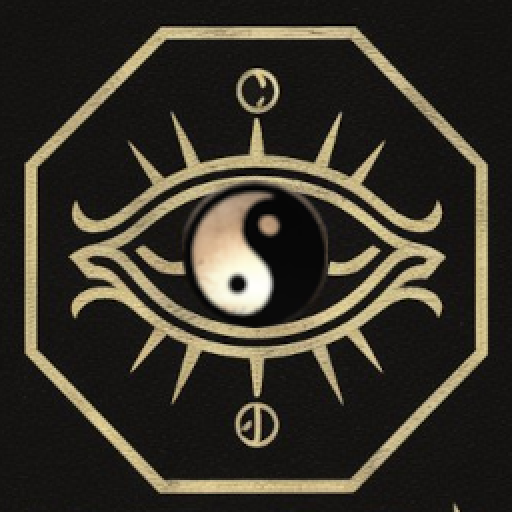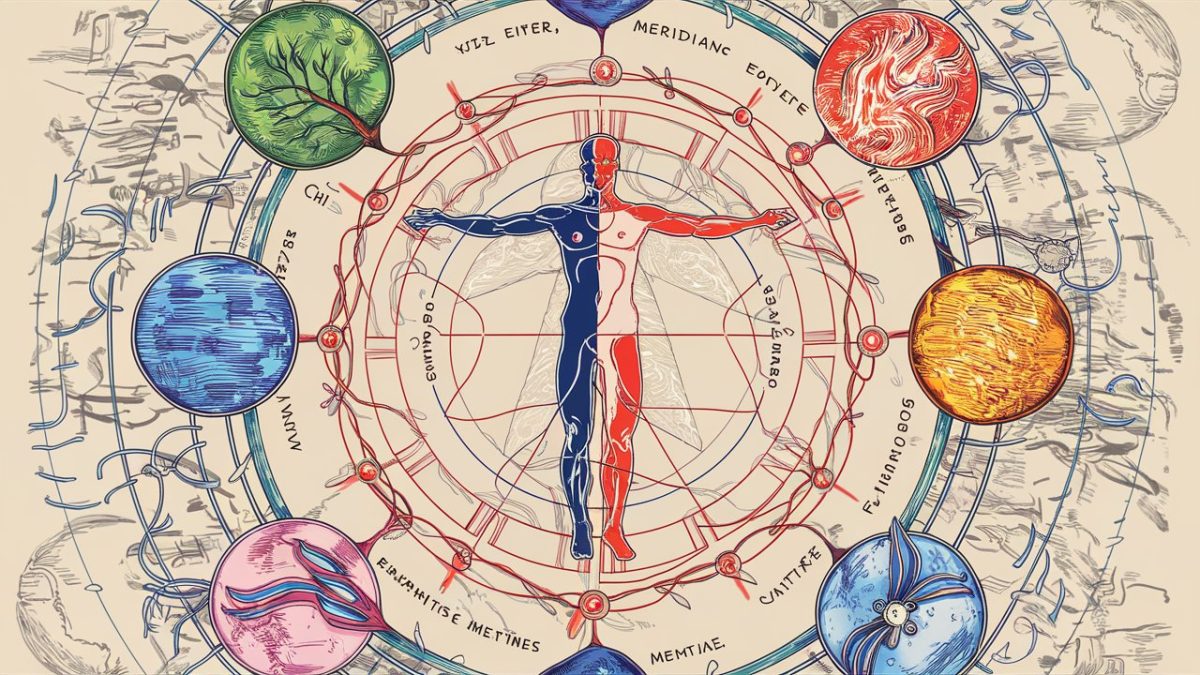Introduction
The Traditional Chinese Medicine (TCM) meridian system is an intangible network that underlies the human body, connecting and harmonizing its various systems and functions. This intricate web of energy pathways, known as “Jing Luo” in Chinese, is as vital to the body’s health as the physical circulatory system. This article will delve into the concept of the meridian system, its significance in TCM, and how it is applied in TCM practices to maintain and restore health.
The Concept of Meridians
What Are Meridians?
Meridians, or “Jing Luo,” are channels through which Qi (vital energy) flows. They form a complex network that interconnects the body’s organs, tissues, and limbs, facilitating the flow of Qi and blood.
The Structure of the Meridian System
The meridian system comprises:
- Twelve Primary Meridians: Associated with the body’s main organs.
- Eight Extraordinary Vessels: Regulate the flow of Qi in the body.
- Secondary Channels: Include the Muscle Meridians and the Luo Vessels, which branch out from the primary meridians.
The Flow of Qi
The flow of Qi through the meridians follows a daily cycle, corresponding to the活跃time of each organ, ensuring the body’s functions are synchronized with the natural rhythm.
Significance of the Meridian System
Communication and Regulation
The meridian system serves as the body’s communication network, regulating the balance of Yin and Yang and ensuring the smooth operation of physiological processes.
###反映Health and Disease
Imbalances or blockages in the meridians can lead to illness, reflecting the state of health or disease. TCM practitioners use this knowledge to diagnose and treat health conditions.
Application in TCM Practices
Acupuncture
Acupuncture is the insertion of fine needles into specific points along the meridians to stimulate the flow of Qi and alleviate health issues.
Massage and Tui Na
Massage techniques, particularly Tui Na, apply pressure along the meridians to promote Qi circulation and relieve muscle tension.
Qigong and Meditation
Qigong exercises and meditation practices are designed to cultivate and balance Qi within the meridian system, enhancing overall well-being.
Herbal Medicine
Herbal remedies are selected based on their ability to influence specific meridians and address imbalances in Qi flow.
The Meridian System and Modern Health
Impact of Lifestyle
Modern lifestyle factors, such as stress, poor diet, and lack of exercise, can disrupt the flow in the meridians, leading to various health issues.
Holistic Health Approach
Understanding the meridian system offers a holistic approach to health, encouraging individuals to consider the interconnectedness of body and mind in maintaining health.
Conclusion
The meridian system in TCM is a profound concept that views the body as an integrated whole, where the flow of Qi is as crucial as the circulation of blood. By understanding and applying the principles of the meridian system, TCM practitioners can diagnose and treat a wide range of health conditions, promoting a balanced and harmonious state of health.
The intangible network of meridians is a testament to the ancient wisdom of TCM, offering a unique perspective on health and healing. Embracing this concept can lead to a deeper understanding of one’s body and a more comprehensive approach to wellness.

